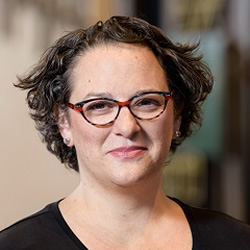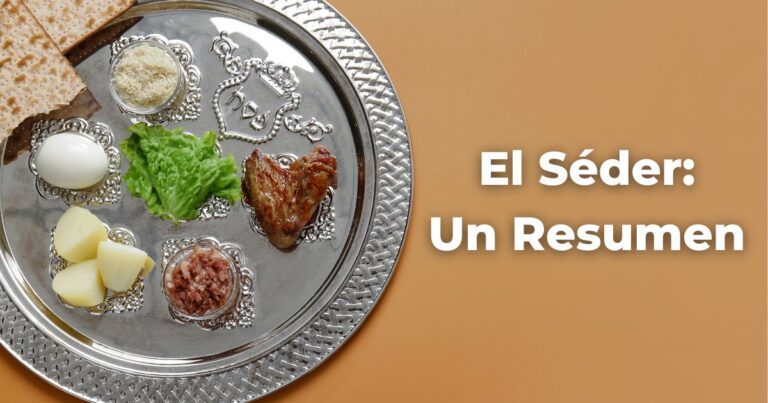I love Pesah. I’m an organizer, a list-maker, a turn-the-kitchen-over-completely over-achiever, and a brisket boss. I purchased all of our pantry and frozen items the day after Purim. Our dining room is lined with books and toys, ready to make the Sedarim an educational extravaganza. Pesah is my gig.
And yet, after 2 years of dodging COVID, here we are, just days before Pesah, and half of my family has tested positive, with the rest likely to crumble under peer pressure (and the result of ill-fated snuggles), very soon.
There is absolutely no way that we can clean our house like we usually do. It’s incredibly unlikely that the Herculean feat of carrying up 20 boxes of Pesah dishes, utensils, cookware, etc, will happen at all. And it’s questionable if we can even host our friends and family for the Sedarim.
Maybe you are in this situation too as COVID cases rise once again.
To counter the 10 plagues, here are 10 tips on how to make Pesah meaningful and kosher (enough) even when the plague of COVID continues to threaten our celebrations.
Eat lots of vegetables! Pesah is not all about kugels and matzah farfel. You can make delicious (and easy) meals with beautiful produce. Just be careful of the few vegetables that some Jews avoid during Pesah (legumes, like green beans).
Bring up just a few dishes/utensils. If you have lots of Pesah items in boxes in storage (like me), take some time to identify only what you really need and bring just those items into your kitchen. This holiday is about freedom – and especially if you are not feeling well, you do not need to overwork yourself.
Clean a small corner of your kitchen. Ordinarily, my kitchen on Pesah is spotless. We have a “zero breadcrumb tolerance” policy. This year, I’m going to “sell” my cabinets and the areas of my kitchen that I can just avoid. Part of my kitchen (like my stove, oven, sink, and counters) will be kashered. But I’m going to go easy on myself because let’s face it, I do not have a choice!
Cater some meals. If you are fortunate to have the means and ability, consider the “treat” of letting someone else cook for you. It’ll be super hard not to eat my brisket, but I know it’s the right thing to do.
Zoom seder (again). This breaks my heart, but likely our family will gather on Zoom this year on Friday afternoon, before Pesah/Shabbat begins, to connect and go through some of the seder motions (if we’re even feeling up to that).
Celebrate Pesah Sheni. The Second Passover. Yes, this is actually a thing. And it’s from the TorahRefers to the first five books of the Hebrew Bible, the Tanakh, also called the Five Books of Moses, Pentateuch or the Hebrew equivalent, Humash. This is also called the Written Torah. The term may also refer to teachings that expound on Jewish tradition. Read more! Back when Pesah was first explained, there were some people who couldn’t make a sacrifice on the date of Pesah, so they were allowed to observe the holiday one month later. While I believe the excitement will have died down by then, I do wonder if we might eat some matzah (as is the custom), and if we’re lucky enough, do so with friends. Pesah Sheni this year is Sunday, May 15th.
Skip the “Seder” but not the story. Even without the formal Seder, you can still remember our exodus from Egypt. Tell the story or read a book (even a children’s book!) to celebrate our freedom. Watch a movie (Ten Commandments or Rugrats, perhaps) and listen to Pesah music. There are lots of ways to get into the spirit.
Just ask questions. After all, that’s the point of Pesah, and this night will be very different from all other Pesah Seder nights. The goal of the Seder is to get everyone to ask questions. What does it mean to experience freedom? What Seder ritual is entrenched in your visceral memory?
Make a donation. An important Pesah commandment is ma’ot hittin, financial contributions to support others so they can eat a Pesah meal. Even in our misery, we still need to help. Make a donation to a kosher food pantry or organization so someone else can celebrate Pesah. Give to our brothers and sisters fleeing Ukraine. Whatever you do, and however much you can give, you’ll feel better having helped.
Cultivate an Attitude of Gratitude. Yes, this stinks. Two years into this pandemic and it’s not what we thought this Pesah would be. Acknowledge that. And then, appreciate your blessings. It’s challenging, to be sure, but try to find a way to take a deep breath, take stock of your blessings (even make a list!), and be aware of our freedom. As we sing in Dayenu, and even in the midst of this ongoing plague, we have much to celebrate.
I hope you remain – or quickly become – healthy. And that your Pesah is as joyous, meaningful, and holy as you’d like it to be!
Author
-

Rabbi Ilana Garber graduated from the Double Degree program of List College (TalmudReferring to one of two collections, the Jerusalem and Babylonian Talmuds, edited in the 6th century, that contains hundreds of years of commentary, discussion, and exploration of the ideas in the Mishnah. One could describe it as Mishnah + Gemara = Talmud Read more) and Barnard College (Religion) in 2000, and received her MA from the Wm. Davidson Graduate School of Jewish Education in 2003. She was ordained by the Jewish Theological Seminary in 2005, and immediately became an active volunteer in our RA (co-chair of Women’s Committee, served on Nominations Committee, Convention Committee, Zera’im: Seeds of our Future) while serving as Rabbi and Rabbinic Director of Lifelong Learning & Community Engagement at Beth El Temple (West Hartford, CT) from 2005-2020. A visionary Jewish educator, she created SULAM (Seek, Understand, Learn, Act, Marvel) in a complete overhaul of Beth El Temple’s religious school. Passionate about the mikveh, she wrote the curriculum to train mikveh guides for Boston’s Mayyim Hayyim: Living Waters Community Mikveh. Currently, she serves on the boards of Greater Hartford’s Mikveh Bess Israel and the Hartford Region’s Leukemia & Lymphoma Society.
View all posts






